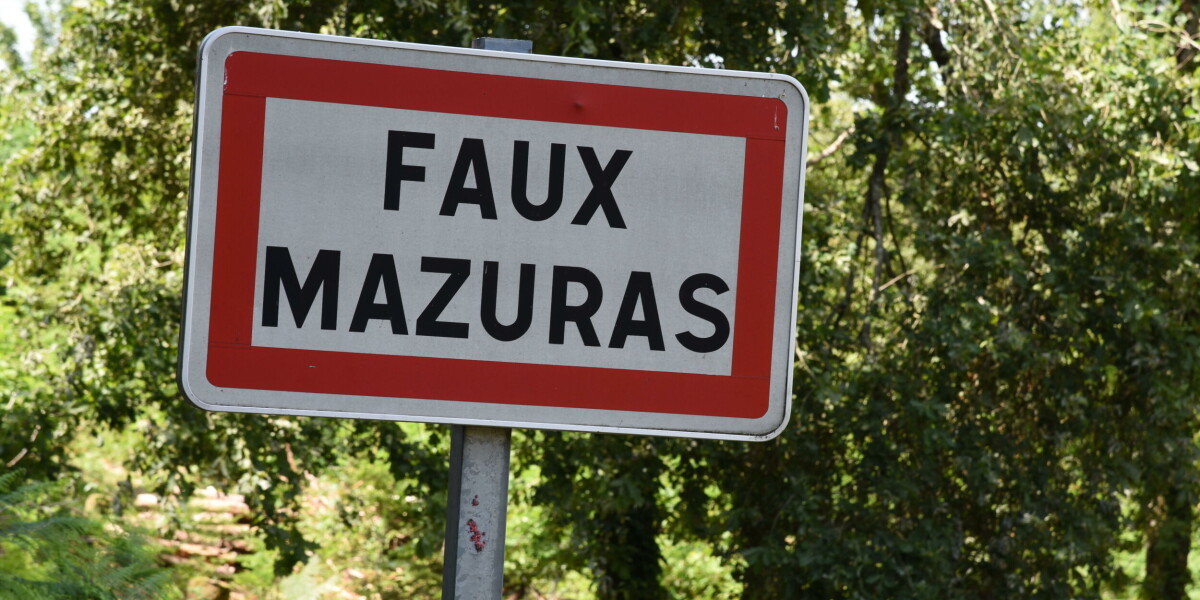
Same names cause confusion for french villages
- Select a language for the TTS:
- UK English Female
- UK English Male
- US English Female
- US English Male
- Australian Female
- Australian Male
- Language selected: (auto detect) - EN
Play all audios:

COMMUNE NAMES CAN HAVE UNFORTUNATE TRANSLATIONS IN OTHER LANGUAGES, OR SHARE NAMES WITH THEIR NEIGHBOURS, COMPLICATING ADMINISTRATIVE TASKS The village of Faux in Dordogne is changing name
in January to try to end mix-ups, especially as it translates to ‘false’ in English, causing admin issues. “It creates a lot of confusion and errors. We realised that in certain digital
files, particularly spread sheets, Faux would disappear or was translated into English as ‘false’.” said mayor Alain Légal. Seven other communes also have the same name, creating extra
issues, including Faux-Mazuras in Creuse, also in the Nouvelle-Aquitaine region. It is instead to become the more distinctive Faux-en-Périgord. On the other side of the country, residents
in two villages just 40km apart also report mishaps as their villages, to the north and south of Bas-Rhin, are both named Rosenwiller. Deputy mayor of the southern village Jean-Georges Huck
said there are currently no plans for a change of name, but it might happen one day. His village, which makes wine, has some 600 residents, while the other, attached to the larger
Detwiller, has fewer. The same name causes issues with letters, vote ballots and deliveries, say villagers – and people turn up looking for wine in the northernmost of the two. There are
more enjoyable moments, such as “families meeting on holiday and finding out they are both from Rosenwiller, but not the same one”, said Mr Huck. Read more: French village street name
changes: Drivers must update car documents SAME NAMES, VARYING ORIGINS The origin of the name is different in each place: the southern one is named after the nearby town of Rosenheim, while
the northern one is named after a Swedish count, Reinhold de Rosen. After the Thirty Years’ War, in the 17th Century, the count bought the village in ruins, in need of repopulation. At the
time, Calvinists from Switzerland were being chased out of the country. He promised them they could keep practising their religion and the hamlet was reborn with a Calvinist church. “The
towns’ histories led to their names being identical but they are not linked in any way. It is amazing that a Swedish name and an Alsatian name have led to identical town names,” said Mr
Huck. Read more: Letters: I have four addresses for the same house in France
